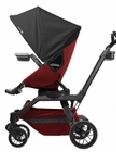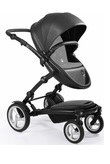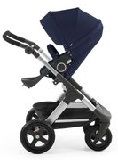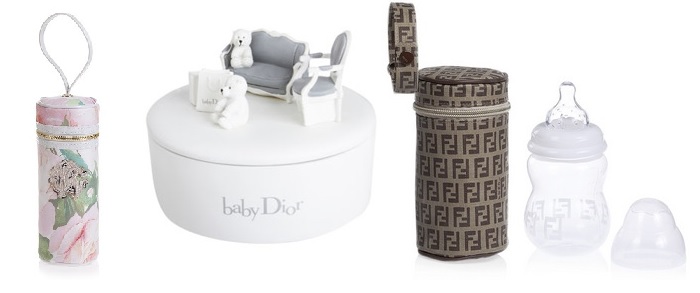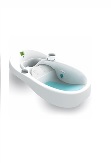Pregnancy first scan
If your pregnancy is going well, your first ultrasound scan will be your dating scan, between 10 weeks and 14 weeks of pregnancy. Early scan An early scan is offered from six weeks, so before your dating scan. Your midwife or GP will only recommend an early scan if there’s a concern, for example, if you’ve had bleeding in this pregnancy. Your GP may also refer you for a scan if you’ve had a previous miscarriage. Many hospitals have early pregnancy assessment units (EPAUs) that run daily. This means you can be referred for an early scan straight away, if needed.
Your sonographer may ask to carry out a vaginal scan rather than one via your tummy. A vaginal scan can offer a clearer picture of your baby earlier in pregnancy than an abdominal scan. Your sonographer will gently put a narrow device called a transducer inside your vagina. It shouldn’t be uncomfortable. The transducer will be covered with a plastic or latex sheath and will be well lubricated with gel. Rest assured it is safe for your baby.
If you feel a bit apprehensive about a vaginal scan, you may feel less worried if you:
- Talk over the procedure with your nurse or sonographer.
- Ask your partner, a friend or a relative to come along to the hospital with you to provide support.
- Request that a woman carries out your scan.
EPAUs will try to find a female sonographer if you request one. Nonetheless, male sonographers will always have a female chaperone working with them. Dating scan. For most women, the dating scan is their first scan. Your dating scan is offered between about eight weeks and 14 weeks. During the scan, the sonographer will put gel on your tummy and move the transducer over your skin. Your sonographer will show you an image of your baby on the screen, and then she’ll look closely at the image to:
- Measure your baby’s length from his head to his bottom, called his crown rump length (CRL). This will date your pregnancy.
- Reveal whether you’re carrying one baby, twins, or more.
- Check your baby’s heartbeat.
A dating scan is a more precise way of establishing your due date than counting from your last monthly period (LMP). It’s also an opportunity to check how your baby is growing.
An accurate due date is particularly important for the result if you choose to have a screening test for Down’s syndrome. That’s because screening needs to be carried out between 11 weeks and 14 weeks of pregnancy.
First trimester combined screening
As long as your baby measures between 45mm and 84mm, you’ll be offered combined screening at the same time as your dating scan. Combined screening checks how your baby is developing. This involves:
- A nuchal translucency scan. This estimates the chance of your baby having Down’s syndrome. The scan is usually done through your tummy, though sometimes a vaginal scan will offer a better view. You’re more likely to need a vaginal scan if you’re overweight or have a bloated tummy from wind, or if your baby’s lying in an awkward position.
- A blood test for proteins in your blood that indicate your baby may have Down’s syndrome.
If you’re found to be fewer than 11 weeks pregnant at your dating scan, or your baby measures less than 45mm, you’ll be able to rebook your combined screening.
Original article: https://www.babycentre.co.uk/x549791/when-will-i-have-my-first-scan
Photo credit: viralbus on Visualhunt / CC BY-SA
Read in Magazine
You must be logged in to post a comment.
click here to log in












